Six Top Tips for Acing Your Next Media Interview
“Any press is good press,” Marti Noxon famously quipped, but is it true? As the founder of a new or growing business looking for opportunities to highlight your brand, you can easily begin to think so. However, your brand isn’t just any old brand, and therefore, any old press isn’t good and just won’t do. When starting out, you may not be able to afford a public relations firm or just not know where to find one to help you get a PR strategy in place or develop relationships, but there are solutions for both of these predicaments.
Not sure where to find journalists or potential leads for interviews? Consider subscribing to Help A Reporter Out (HARO) or Muck Rack. These sites help you find and liaise with journalists looking for experts on various topics. If leads alone aren’t enough, purchase a PR software tool like Prowly, Prezly, or Cision. Some of these tools do everything from helping you connect to journalists to making a media kit. Here’s a list of a few potentially useful tools. Take a little time to explore these possibilities, do your own research, and find what works best for your company.
Have a budget to accommodate a PR firm, but not sure where to find one? Here’s a list of Black and women-owned PR firms to consider.
Now that you have a few tools at your disposal and/or some potential PR professionals to consider, here are six tips for how to navigate your next media interview sourced from Stephanie Scott-Bradshaw, CEO and Communicator-in-Chief at First and Last PR:
- Be clear on your ‘why.’ Public relations is a living, breathing, and growing thing. Everything that you or your brand puts out impacts the public perception of you and your company. Therefore, there is an aspect of PR in everything. Knowing why you want to do an interview and its impact on your brand is a key part of a successful interview.
- Do your homework. If a publication or reporter reaches out to you for an interview, get on social media, ask around, and find as much information as possible about the publication and the journalist requesting the interview. You want to be certain that this interview will reflect favorably on you and your brand. Furthermore, giving interviews is not only about one interview. It is about building relationships and developing rapport with journalists and publications. You want to develop a reciprocal relationship. You want to be considered a trusted source or expert for them as much as you want them to help you promote your brand. Therefore, it has to make sense. Ask yourself the following questions:
- Does this publication align with your brand’s values?
- What has this reporter or journalist written lately?
- How might the journalist’s writing history and/or style impact the angle they take when presenting you or your brand in the story or interview?
- Practice makes perfect, and prep is always a good thing. You want to prepare for your interview, but not to the point of feeling or sounding rehearsed. In this digital age, where many interviews are taking place via virtual platforms like Zoom and Google Meet, it is helpful to write down 3-5 key points you want to make on post-its and stick them near your computer at eye level. This way, you can glance at them to remember your points without looking distracted or as if you are reading. Furthermore, it is pertinent to write down the name of the journalist and also stick that on your screen.
- State your name and your business. If this is your first time speaking to this particular journalist (even if you’ve been interviewed at the same publication in the past), be sure to say and spell both your name and that of the business ESPECIALLY if said spelling is unique or uncommon. You also want to be crystal clear about getting across the message/information that was the driving force behind the interview. State:
- Your name and your business name (spell it out)
- What makes your business special?
- The update/newsworthy item that you are talking about. If it’s a product—state the name and spell it as well.
- Where can readers find your business/product? Spell out the names of retailers and/or websites when necessary.
- Don’t overshare. Remember your ‘why’ (see tip #1). Please keep it top of mind throughout your entire interview. Be selective about what you share with the journalist. Not everyone needs to know everything about you or your business. One rule to live by is if you wouldn’t put it on a television commercial or a social media campaign, don’t mention it. Although you might be friendly with the journalist, in this capacity, they are looking for the best story and not necessarily the best story for you. Stay on topic. If asked, “What’s next?” point them in the direction of an event or good news that is currently happening or already announced, NOT the product launch you’re planning for six months from now.
- Be patient. Planning is key when orchestrating your PR strategy. Long lead publications can take 6-9 months between writing and publishing a piece. While digital and social media turnaround times are much shorter (1-3 months, typically), publications and journalists are working with a larger publishing or content plan. You should consider these lead times when agreeing to interviews and timing your product launches or big announcements. Ensure that any press you do for a particular purpose aligns with your internal production and launch schedule.
A good interview is a work in progress. We can always improve our best with practice, but if you keep these six tips in mind, you’ll get as close to perfect as possible. For more practical media tips and tricks, watch our New Voices Learning Lab™ LIVE 45: Prepping for Great Press – How to Ace Your Next Interview.

